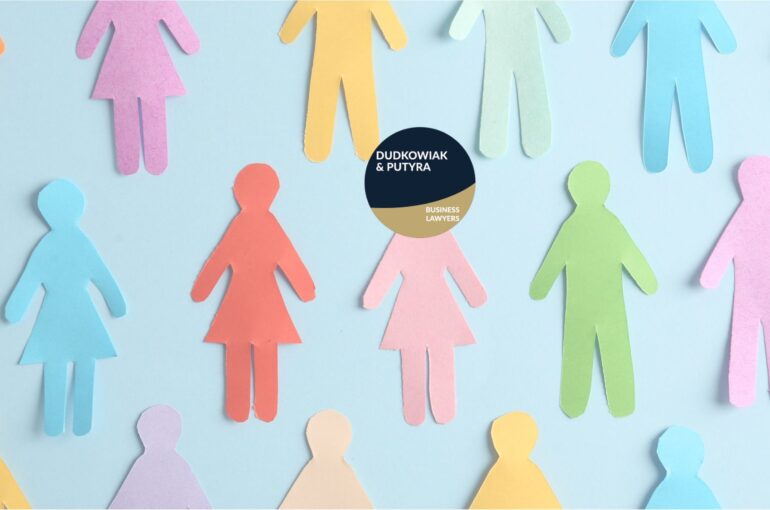Basic rules for settling business trips
The employee’s business trips may be domestic or foreign trips. However, in both cases, the receivables to cover the costs related to the business trip include daily allowances (so-called diet) – that is, the payment to cover the increased costs of meals and the reimbursement of costs, e.g. travel, commuting by local transport, accommodation and other necessary and documented expenses.
In the case of domestic business trips, the minimum amount of the allowance under generally applicable regulations is PLN 30, while the minimum amount of the allowance for foreign business trips depends on the destination (the regulation lists individual countries and applicable rates). The diet is paid in full for each full day of travel.
As mentioned above, the diet is intended to cover the costs of food and other small expenses. Importantly, an employee who has been provided with free, full board while traveling, is not entitled to the diet on a domestic trip, and when traveling abroad, it is reduced to 25% of the allowance due for the country of destination. The law does not define the concept of „full board”, but it is assumed that it is breakfast, lunch and dinner.
The amount of the diet is reduced by the cost of the free food provided, assuming that each meal is, respectively:
1) breakfast – 25% of the diet (15% for trips abroad);
2) lunch – 50% of the diet (30% for trips abroad);
3) dinner – 25% of the diet (30% for trips abroad).
If an employee uses a hotel service under which meals are provided, the above rules shall apply accordingly.
It is worth emphasizing that the internal regulations in force at a given employer can determine the amounts due to an employee for a business trip at a higher level and more favorable terms. However, one should bear in mind the tax aspect. According to Art. 21 sec. 1 point 16 lit. a) of the Personal Income Tax Act, tax-free are allowances and other charges for the employee’s business trip up to the amount specified in separate regulations. Basically, therefore, an employee who is on a business trip is entitled to a diet in the amount regulated by the law and this is the amount of the allowance that is exempt from income tax.
However, there are doubts when the employer reimburses the employee traveling on business with the full cost of food – the problem is whether in such a case the exemption will apply to the entire amount of the reimbursement for the provided food or only to the diet limit. According to the current line of interpretation of the tax authorities, the difference between the value of the food provided to the employee and the allowance due to the employee constitutes income from the employment relationship, regardless of whether the employer applies the flat-rate allowance or settles the actual expenses on the basis of invoices or bills presented by the employee.
For further assistance with labour law in Poland, feel free to contact us


